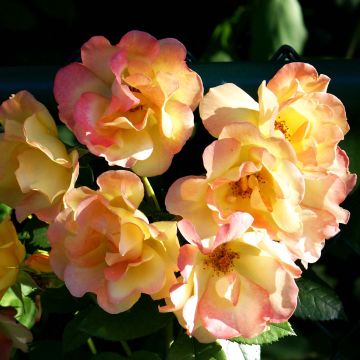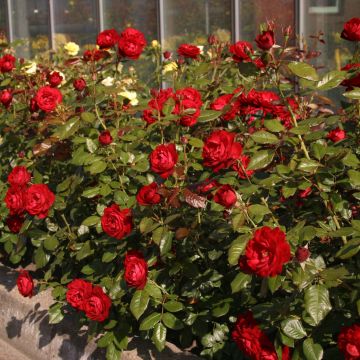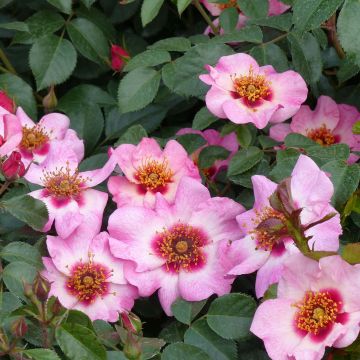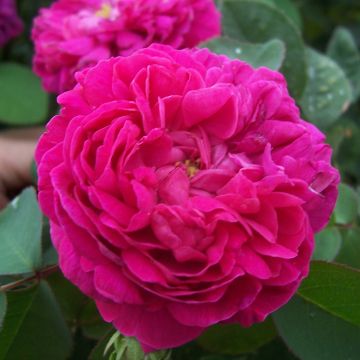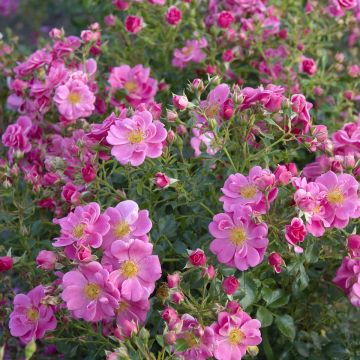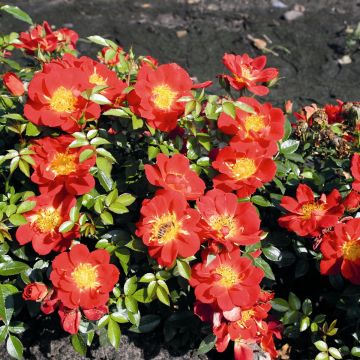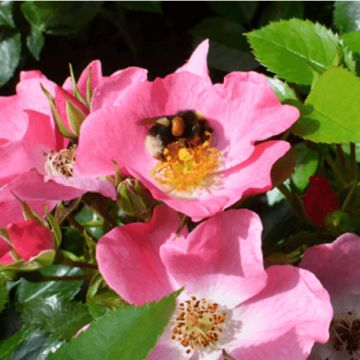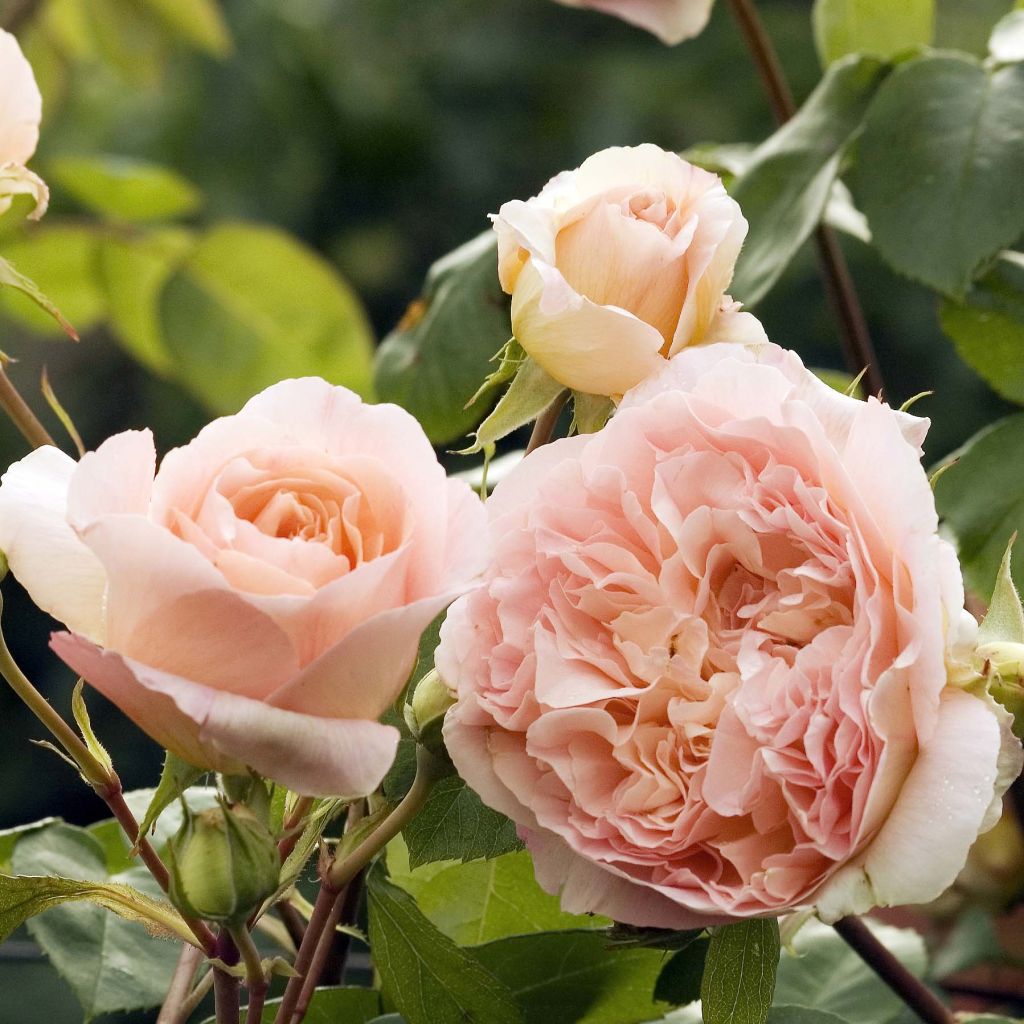

Rosa x grimpant 'Papi Delbard' - Climbing Rose
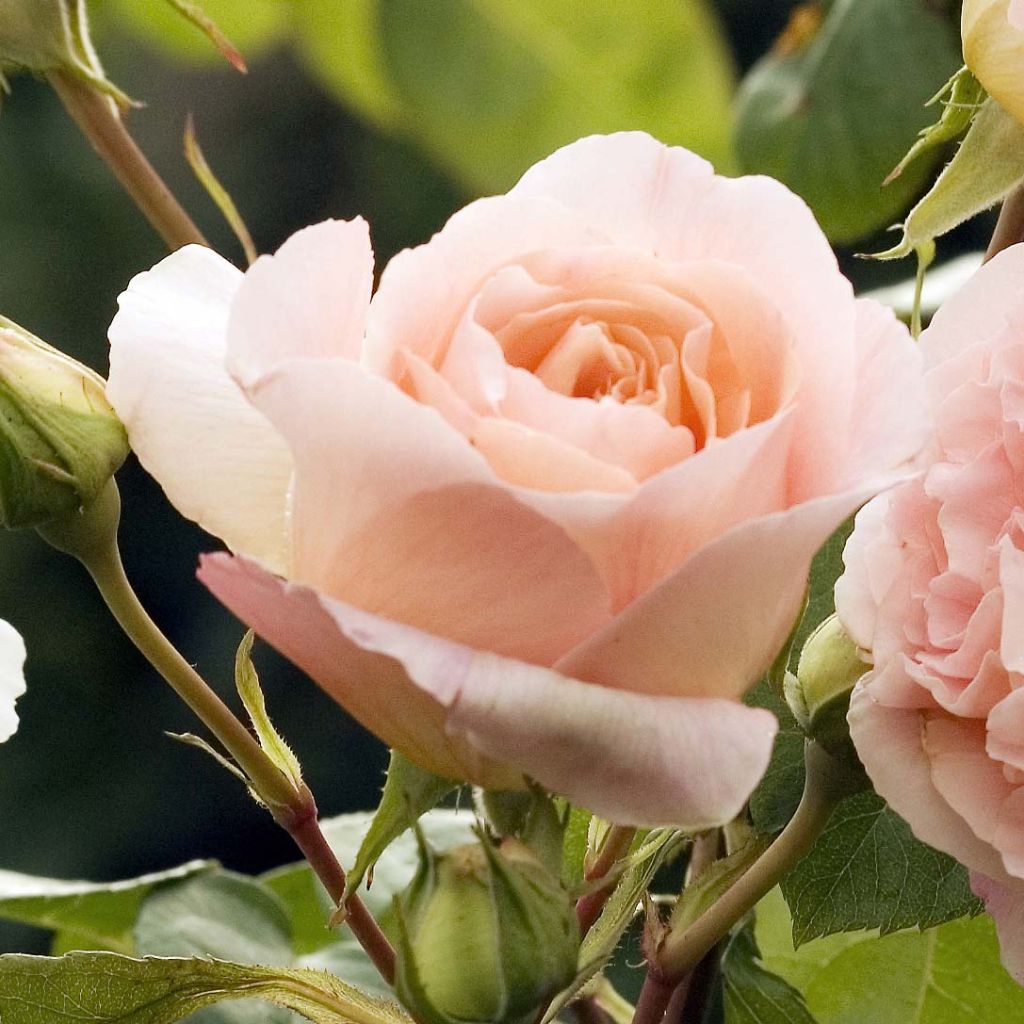

Rosa x grimpant 'Papi Delbard' - Climbing Rose
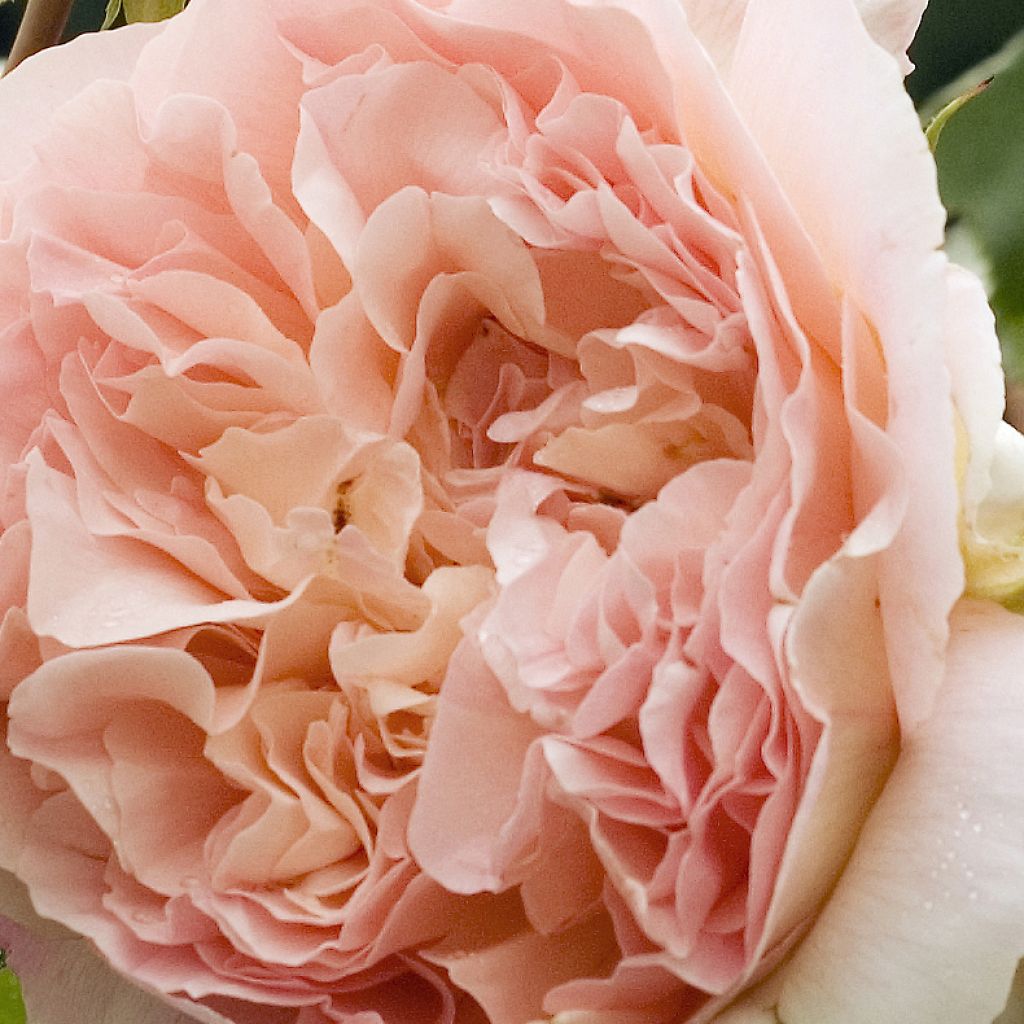

Rosa x grimpant 'Papi Delbard' - Climbing Rose
View more pictures
Hide images
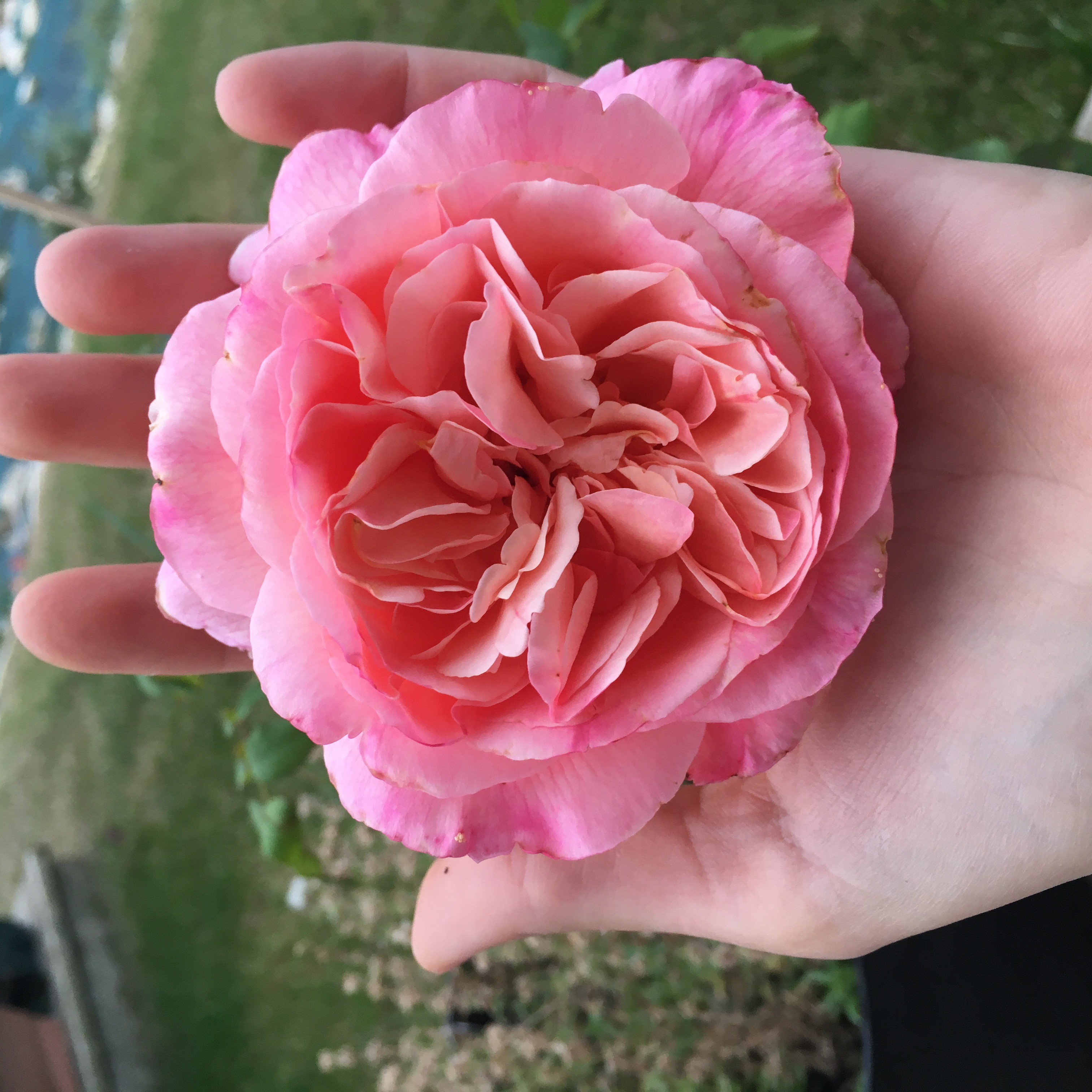
Cristina B.

Cristina B. • 17 FR
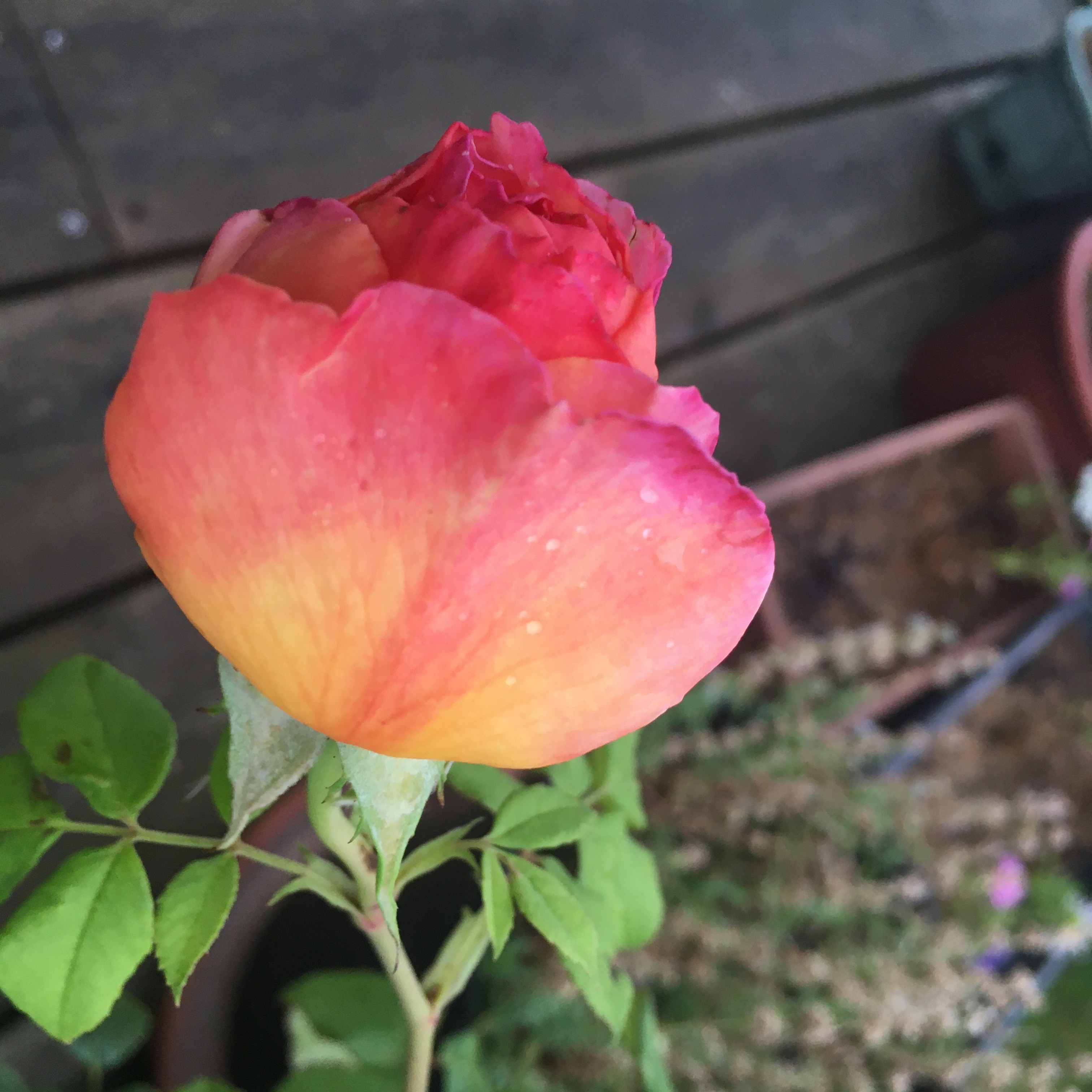
Cristina B.

Cristina B. • 17 FR
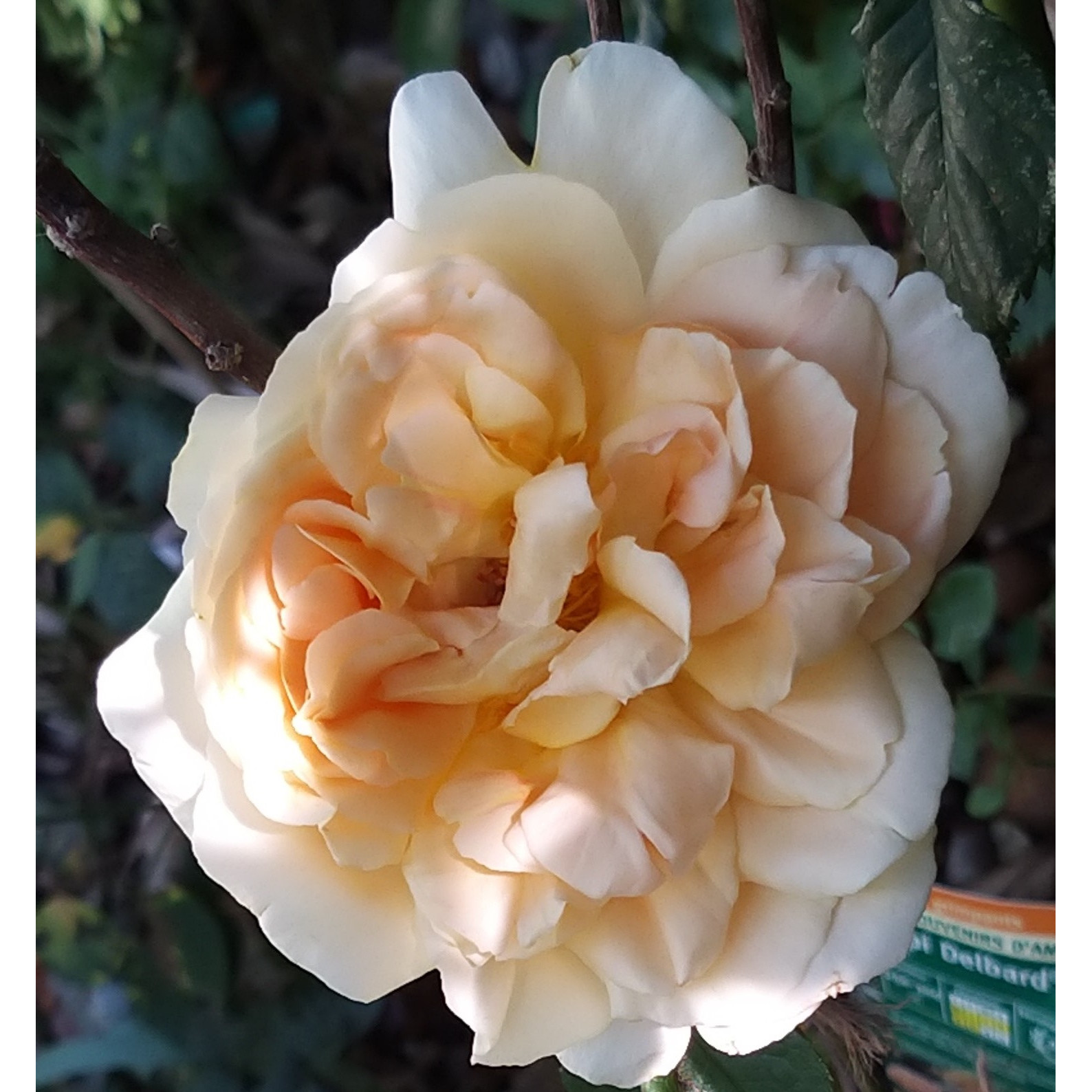
Thierry P.

September flowering - image 2
Thierry P. • 84 FR
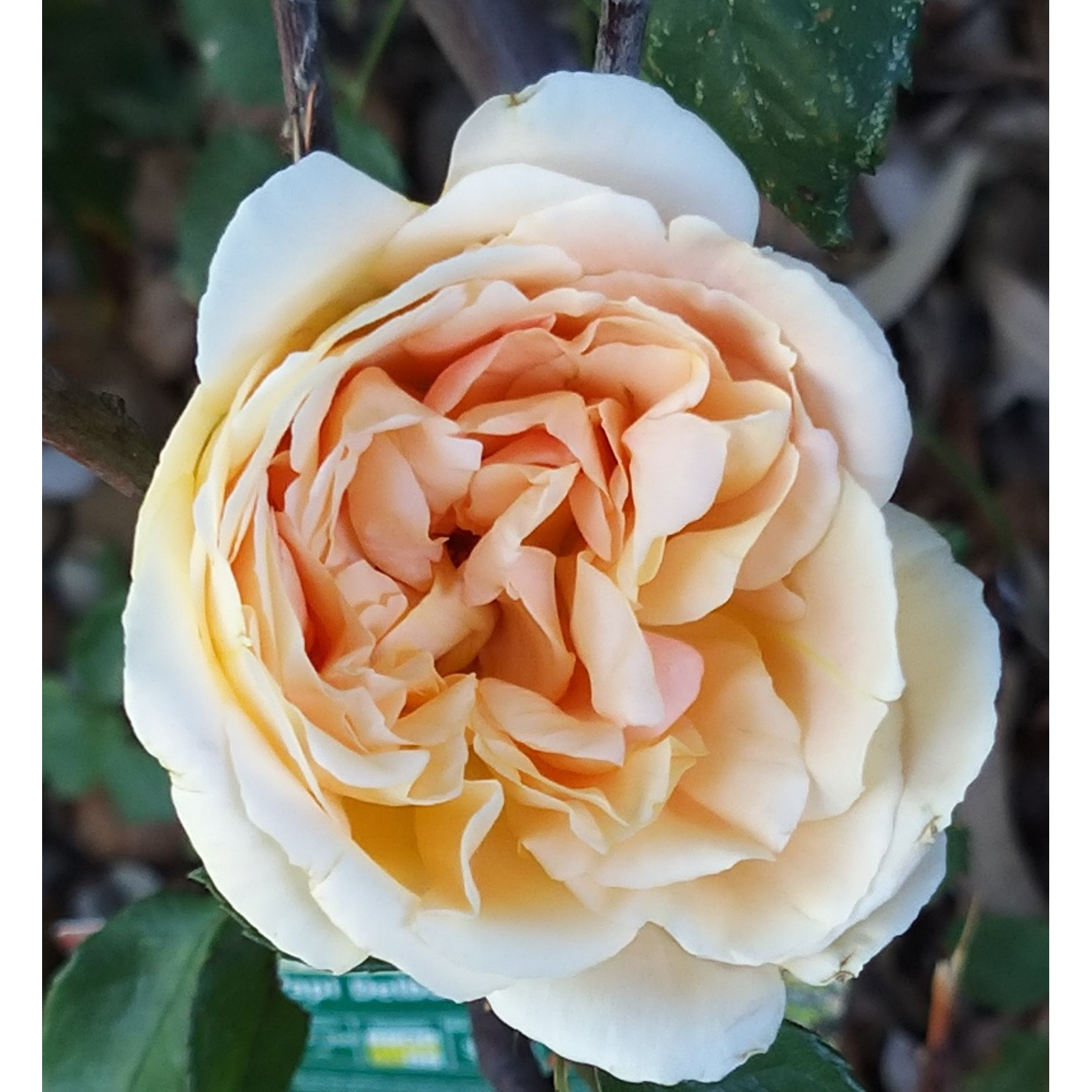
Thierry P.

September flowering - image 1 - The scent is pleasant and spicy.
Thierry P. • 84 FR
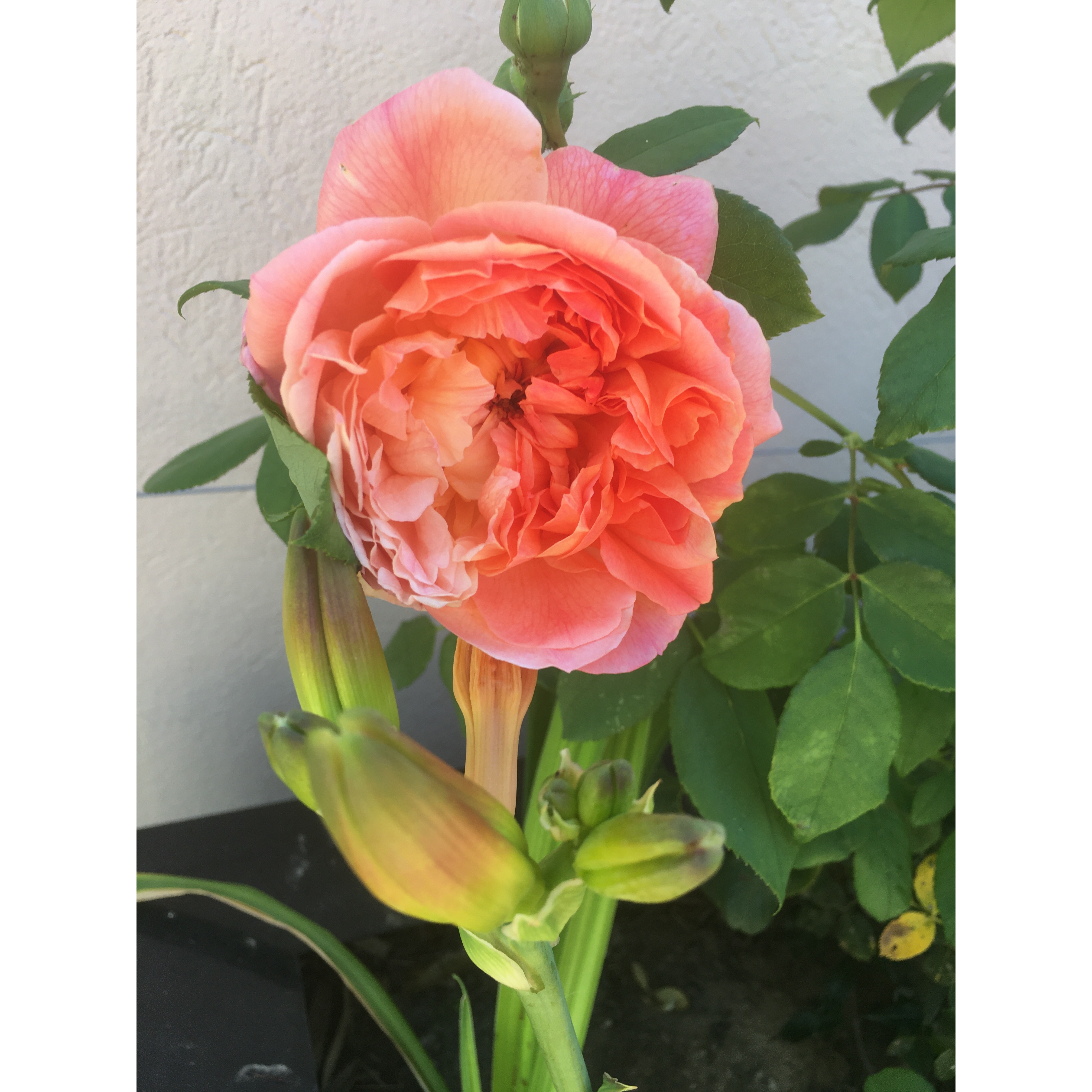
Joelle Anne H.

Large young plant pink Papi Delbard.
Joelle Anne H. • 13 FR
Rosa x grimpant 'Papi Delbard' - Climbing Rose
Rosa x grimpant Papi Delbard® 'Delaby'
Delaby
Growth remained sluggish. No flowers.
Sylvie, 21/08/2025
Special offer!
Receive a €20 voucher for any order over €90 (excluding delivery costs, credit notes, and plastic-free options)!
1- Add your favorite plants to your cart.
2- Once you have reached €90, confirm your order (you can even choose the delivery date!).
3- As soon as your order is shipped, you will receive an email containing your voucher code, valid for 3 months (90 days).
Your voucher is unique and can only be used once, for any order with a minimum value of €20, excluding delivery costs.
Can be combined with other current offers, non-divisible and non-refundable.
Home or relay delivery (depending on size and destination)
Schedule delivery date,
and select date in basket
This plant carries a 6 months recovery warranty
More information
We guarantee the quality of our plants for a full growing cycle, and will replace at our expense any plant that fails to recover under normal climatic and planting conditions.
Description
The 'Papi Delbard' Rose, with its soft and warm flowering colour, the extraordinary fragrance of its large, old-fashioned flowers, and its somewhat capricious temperament, is reminiscent of the famous old rose 'Gloire de Dijon' but more orange. When it is happy, this vigorous climbing polyantha rose is not very susceptible to diseases, particularly perpetual and very floriferous from May to October. Its splendid flowers, with a remarkable fragrance, display shades of yellow, cream, orange, and apricot, sometimes with a touch of pink depending on the exposure and nature of the soil. This variety, which prefers warmth, non-burning exposures, and light soils, thrives well in warm climates.
The Papi Delbard Delaby rose is a creation by Delbard from 1995 and belongs to the series of roses 'Souvenirs d'Amours Parfumés'. It is currently classified as a climbing rose with large clustered flowers. Vigorous and hardy, with a slightly stiff habit and rapid growth, 'Papi Delbard' can climb up to 2.50m (8ft) or even more in optimal conditions. Like all small climbers, it can be trained as a bush with regular pruning. It forms long thorny stems that bear deciduous foliage, with a reasonably dark green colour, relatively healthy, which perfectly enhances the complex hue of the flowers. It blooms from June to October, abundantly if it does not lack water or warmth. Its deep and very double cups, measuring 10-12cm (4-5in), solitary or grouped in clusters of 3 to 5 units, are composed of 26 to 40 petals. The colour of the flowers ranges from orange to pinkish apricot, with the periphery of the corolla lightening in a creamy tone. Their moderately fragrant scent of old rose develops fruity notes of apricot, peach, and citrus. This rose has won 2 medals in competitions.
As the rose grower Delbard explains, the 'Souvenirs d'Amours' roses are "Voluptuous, romantic, and fragrant; these roses have the unique charm of old roses, childhood memories, and moments of rediscovered happiness!"
This modern rose, 'Papi Delbard', combines old roses' charm with modern roses' qualities. It deserves to be showcased in harmonious colours in the garden or against the house, alone or accompanied by the beautiful 'Ghislaine de Féligonde'. Choose a wall exposed to the morning sun or a large enough structure to support its shower of flowers. It allows for the creation of sumptuous decorations throughout the summer, requiring very little maintenance except for regular watering in summer during periods of high heat and prolonged drought and occasional severe pruning. As a structural element in 'English-style' gardens, rose arches form lovely shelters where one can rest while connecting different parts of the garden. Mix climbing roses or combine them with easy-to-care-for large-flowered clematis such as 'Etoile Violette', Montana Mayleen, or 'Broughton Star'. When it grows unrestricted, 'Papi Delbard' forms a superb bush that will also find its place in a large flowering hedge, in the company of lilacs, tamarisks, or other shrub roses such as R.Californica Plena, R.hugonis, Iceberg, or Madame Isaac Pereire. Finally, its subtly fragrant flowers are gorgeous in a vase.
Report an error about the product description
Rosa x grimpant 'Papi Delbard' - Climbing Rose in pictures
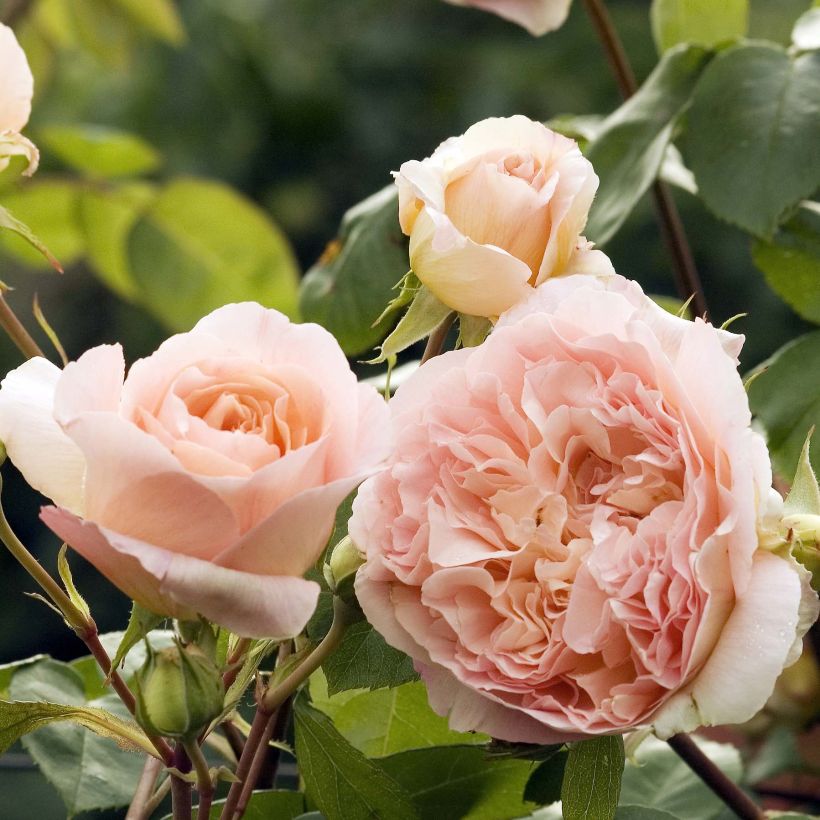

Plant habit
Flowering
Foliage
Botanical data
Rosa
x grimpant
Papi Delbard® 'Delaby'
Rosaceae
Delaby
Cultivar or hybrid
Rosa canina Laxa (Wrapped bare root), Rosa multiflora (3L/4L pot)
Planting and care
To plant the 'Papi Delbard' rose, wait until the months between November and March. Find a spot with deep, well-prepared soil that's not too clayey and has good drainage. The rose prefers fertile soil that's on the heavy side, but not overly compact. If the soil is sandy, compact, or dry in summer, mix in compost or well-rotted manure. Avoid waterlogged soil in winter. Choose a sunny spot with partial shade that's not too hot. Roses need a lot of nutrients, so use a specific fertiliser at the start of growth and during the flowering period. To promote reblooming, remove faded flowers regularly. Prune the stems to a quarter of their length (four to six buds from the base) in late winter. Cut above an outward-facing bud to help branches form and avoid tangling. Floribunda rose varieties are more vigorous and floriferous than large-flowered rose varieties.
Roses may develop unsightly spots at the end of summer, but this is a natural occurrence and doesn't harm the rose's growth.
Planting period
Intended location
Care
-
, onOrder confirmed
Reply from on Promesse de fleurs
Similar products
Haven't found what you were looking for?
Hardiness is the lowest winter temperature a plant can endure without suffering serious damage or even dying. However, hardiness is affected by location (a sheltered area, such as a patio), protection (winter cover) and soil type (hardiness is improved by well-drained soil).

Photo Sharing Terms & Conditions
In order to encourage gardeners to interact and share their experiences, Promesse de fleurs offers various media enabling content to be uploaded onto its Site - in particular via the ‘Photo sharing’ module.
The User agrees to refrain from:
- Posting any content that is illegal, prejudicial, insulting, racist, inciteful to hatred, revisionist, contrary to public decency, that infringes on privacy or on the privacy rights of third parties, in particular the publicity rights of persons and goods, intellectual property rights, or the right to privacy.
- Submitting content on behalf of a third party;
- Impersonate the identity of a third party and/or publish any personal information about a third party;
In general, the User undertakes to refrain from any unethical behaviour.
All Content (in particular text, comments, files, images, photos, videos, creative works, etc.), which may be subject to property or intellectual property rights, image or other private rights, shall remain the property of the User, subject to the limited rights granted by the terms of the licence granted by Promesse de fleurs as stated below. Users are at liberty to publish or not to publish such Content on the Site, notably via the ‘Photo Sharing’ facility, and accept that this Content shall be made public and freely accessible, notably on the Internet.
Users further acknowledge, undertake to have ,and guarantee that they hold all necessary rights and permissions to publish such material on the Site, in particular with regard to the legislation in force pertaining to any privacy, property, intellectual property, image, or contractual rights, or rights of any other nature. By publishing such Content on the Site, Users acknowledge accepting full liability as publishers of the Content within the meaning of the law, and grant Promesse de fleurs, free of charge, an inclusive, worldwide licence for the said Content for the entire duration of its publication, including all reproduction, representation, up/downloading, displaying, performing, transmission, and storage rights.
Users also grant permission for their name to be linked to the Content and accept that this link may not always be made available.
By engaging in posting material, Users consent to their Content becoming automatically accessible on the Internet, in particular on other sites and/or blogs and/or web pages of the Promesse de fleurs site, including in particular social pages and the Promesse de fleurs catalogue.
Users may secure the removal of entrusted content free of charge by issuing a simple request via our contact form.
The flowering period indicated on our website applies to countries and regions located in USDA zone 8 (France, the United Kingdom, Ireland, the Netherlands, etc.)
It will vary according to where you live:
- In zones 9 to 10 (Italy, Spain, Greece, etc.), flowering will occur about 2 to 4 weeks earlier.
- In zones 6 to 7 (Germany, Poland, Slovenia, and lower mountainous regions), flowering will be delayed by 2 to 3 weeks.
- In zone 5 (Central Europe, Scandinavia), blooming will be delayed by 3 to 5 weeks.
In temperate climates, pruning of spring-flowering shrubs (forsythia, spireas, etc.) should be done just after flowering.
Pruning of summer-flowering shrubs (Indian Lilac, Perovskia, etc.) can be done in winter or spring.
In cold regions as well as with frost-sensitive plants, avoid pruning too early when severe frosts may still occur.
The planting period indicated on our website applies to countries and regions located in USDA zone 8 (France, United Kingdom, Ireland, Netherlands).
It will vary according to where you live:
- In Mediterranean zones (Marseille, Madrid, Milan, etc.), autumn and winter are the best planting periods.
- In continental zones (Strasbourg, Munich, Vienna, etc.), delay planting by 2 to 3 weeks in spring and bring it forward by 2 to 4 weeks in autumn.
- In mountainous regions (the Alps, Pyrenees, Carpathians, etc.), it is best to plant in late spring (May-June) or late summer (August-September).
The harvesting period indicated on our website applies to countries and regions in USDA zone 8 (France, England, Ireland, the Netherlands).
In colder areas (Scandinavia, Poland, Austria...) fruit and vegetable harvests are likely to be delayed by 3-4 weeks.
In warmer areas (Italy, Spain, Greece, etc.), harvesting will probably take place earlier, depending on weather conditions.
The sowing periods indicated on our website apply to countries and regions within USDA Zone 8 (France, UK, Ireland, Netherlands).
In colder areas (Scandinavia, Poland, Austria...), delay any outdoor sowing by 3-4 weeks, or sow under glass.
In warmer climes (Italy, Spain, Greece, etc.), bring outdoor sowing forward by a few weeks.































